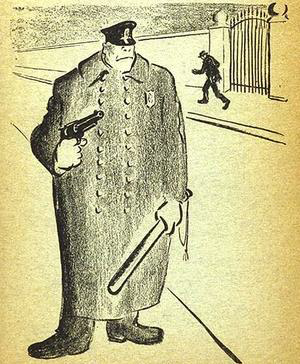[cross-posted at BHL and C4SS]
Two panels organised by the Center for a Stateless Society are coming up at two different conferences next week, bringing a left-libertarian market-anarchist perspective to international relations and prison reform.
1. The Molinari Society will be holding its annual Pacific Symposium in conjunction with the Pacific Division of the American Philosophical Association in San Francisco, March 30-April 3, 2016. Here’s the schedule info:
Molinari Society symposium:
Author Meets Critics: Gary Chartier’s Radicalizing Rawls: Global Justice and the Foundations of International Law
G6D. Thursday, 31 March 2016, 6:00-8:00 p.m. (or so), Westin St. Francis 335 Powell St., San Francisco CA, Elizabethan C, 2nd floor.
chair:
Roderick T. Long (Auburn University)critics:
David Reidy (University of Tennessee)
Zooey Sophia Pook (New Mexico State University)author:
Gary Chartier (La Sierra University)
2. We’ve also organised a panel at the Association of Private Enterprise Education conference in Las Vegas, April 3-5, 2016. Here’s the schedule info:
Prisons: Reform or Abolition?
2.G.8. Monday, 4 April 2016, 4:00-5:15 p.m., Bally’s Hotel and Casino, 3645 Las Vegas Blvd. S., Las Vegas NV, room TBA.
chair:
Roderick T. Long (Auburn University)panelists:
Daniel J. D’Amico (Brown University)
Gary Chartier (La Sierra University)
Jason Lee Byas (Georgia State University)
Roderick T. Long (Auburn University)
Another C4SS writer, Billy Christmas, will also be speaking at APEE on “Toward Methodological Anarchism,” on Tuesday, 5 April, in a session at at (horribile dictu) 8:00 a.m.


